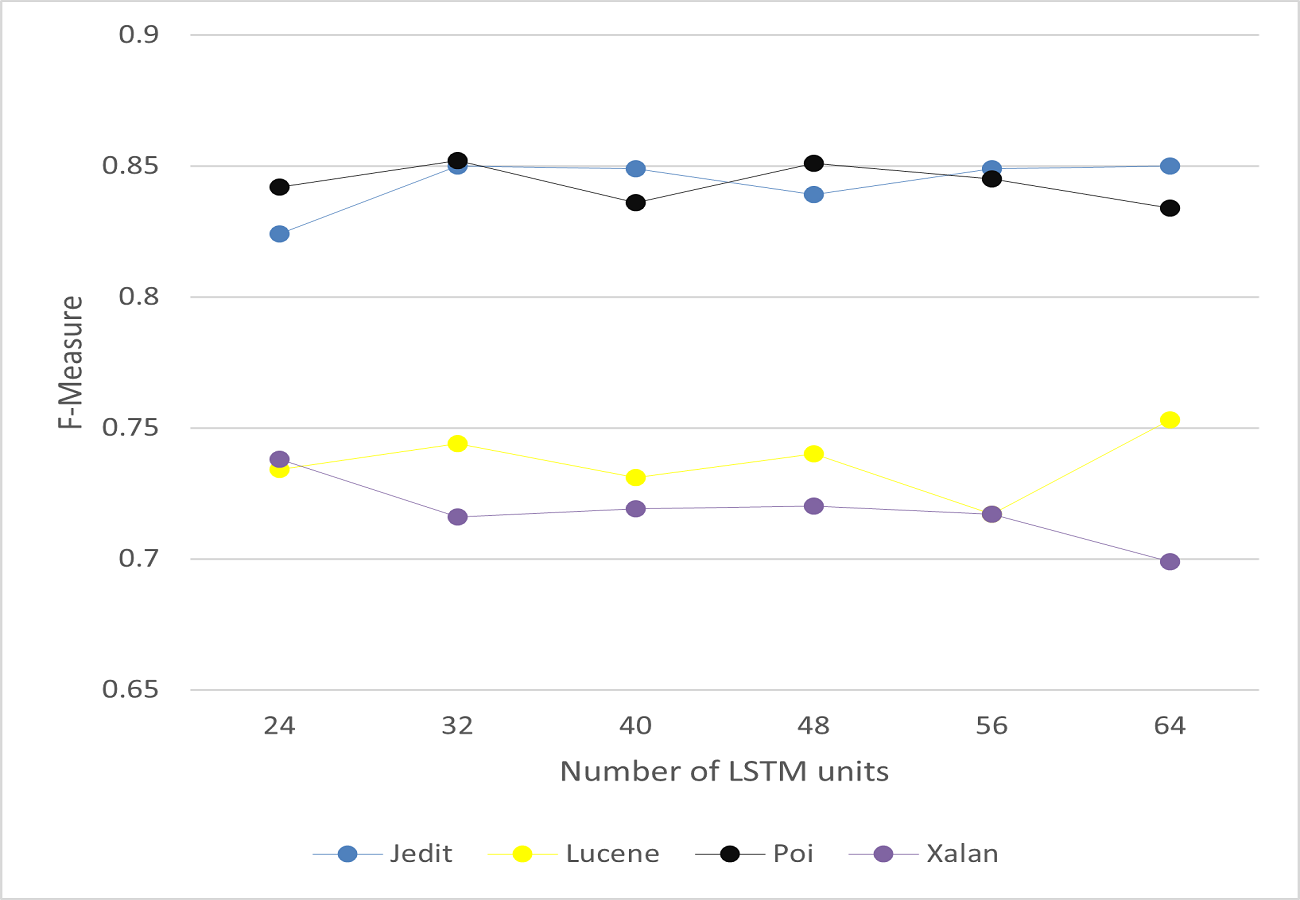
XTimer1 = xTimerCreate( ( const signed char * ) “Timer”, /* A text name, purely to help debugging. Static void prvTimerCallback(xTimerHandle xTimer1) #define configTIMER_TASK_STACK_DEPTH ( ( unsigned short ) 85 ) #define configTIMER_QUEUE_LENGTH ( ( unsigned short ) 50 )

#define configTIMER_TASK_PRIORITY configMAX_PRIORITIES – 1 I had already done the following in FreeRTOSConfig.h. PrvTimerCallback /* The callback function. ( void * ) 0, /* The ID is not used, so can be set to anything. ( 200 / portTICK_RATE_MS ), /* The timer period in ticks, this should be 200ms ) XTimer = xTimerCreate( ( const signed char * ) “Timer”, /* A text name, purely to help debugging. */Ĥ) Create and start the timer using something like: ToggleLED() /* However that is implemented. Static void prvTimerCallback( xTimerHandle xTimer )


If you want a simple time demo then I suggest something along the following.ġ) Ensure timers.h is included in your C file and timers.c is included in your build.Ģ) Ensure configUSE_TIMERS is set to 1 in FreeRTOSConfig.h, and that the associated timers configuration constants have sensible values (they are explained here )ģ) rite a very simple callback function along the lines of: Consequently, it loads the processor up and uses quite a lot of resources.
#WU BUG SOFTWARE V7 0 CODE#
The code contained in timerdemo.c is very comprehensive and used also to test the timer functionality.


 0 kommentar(er)
0 kommentar(er)
